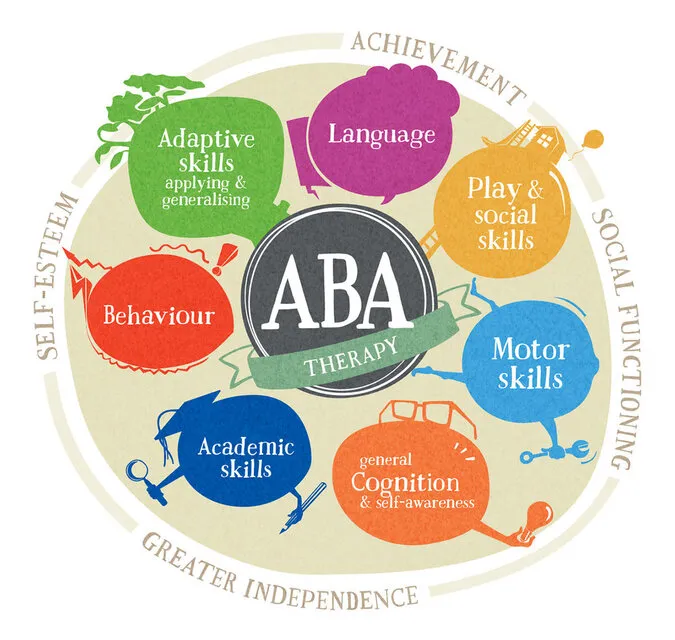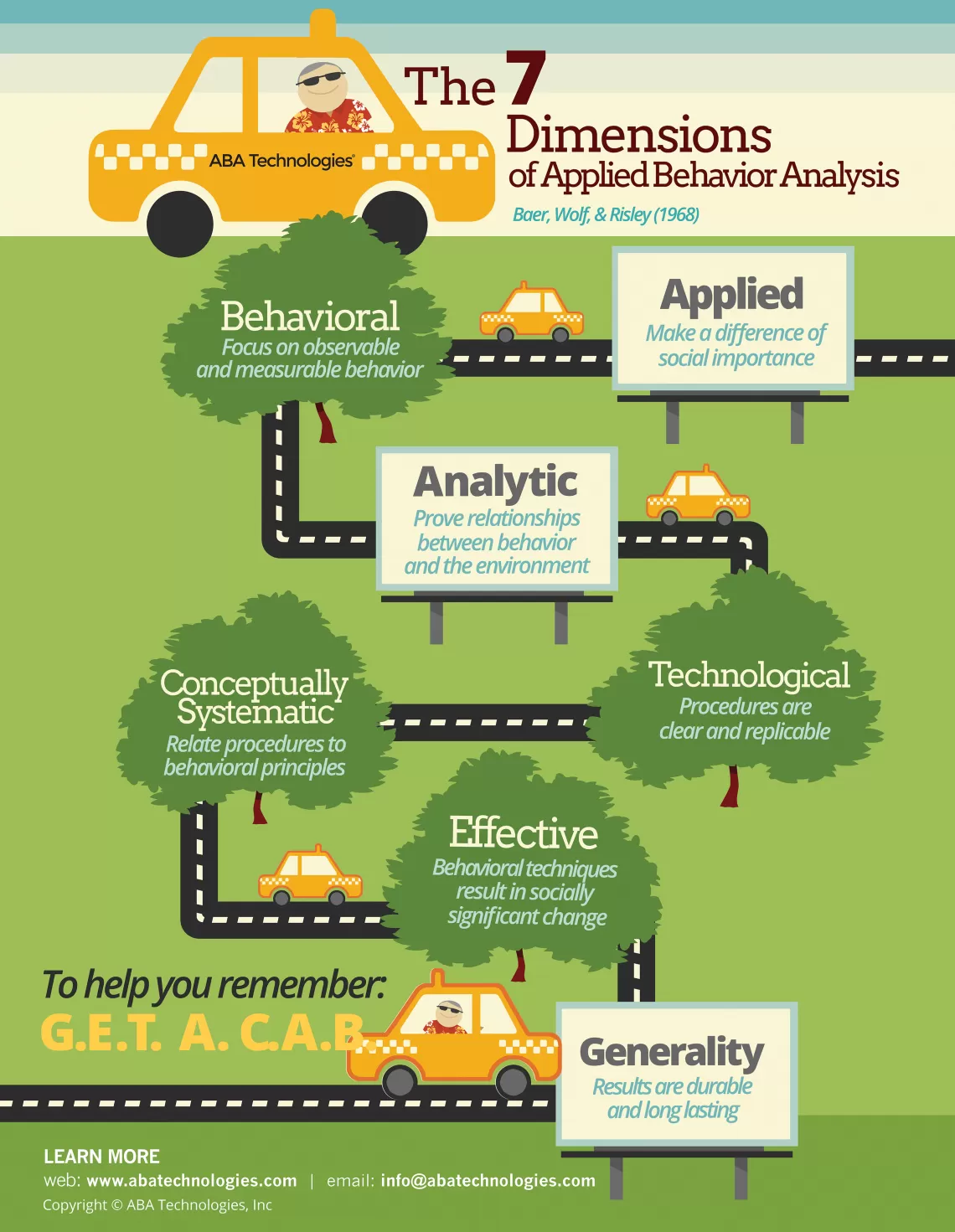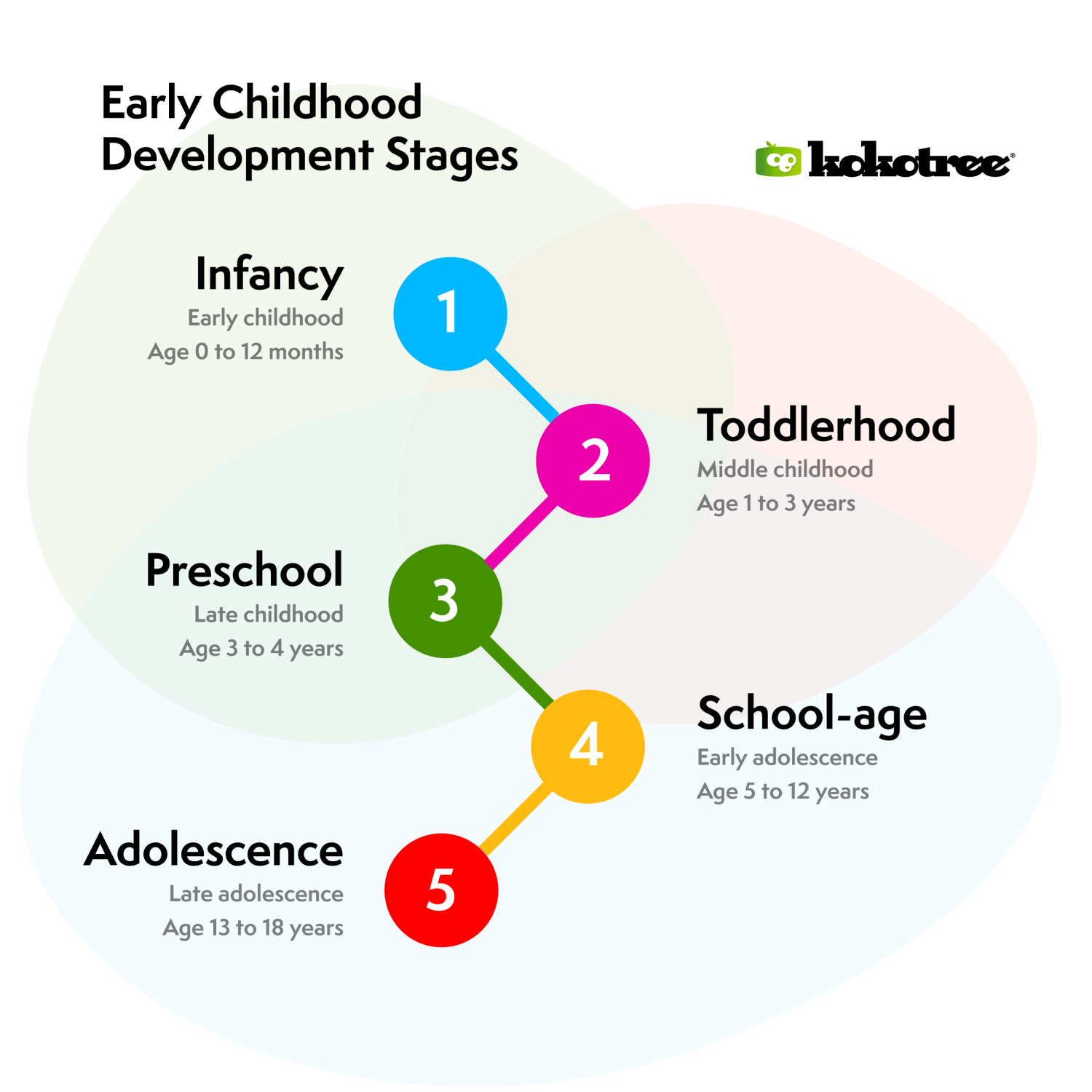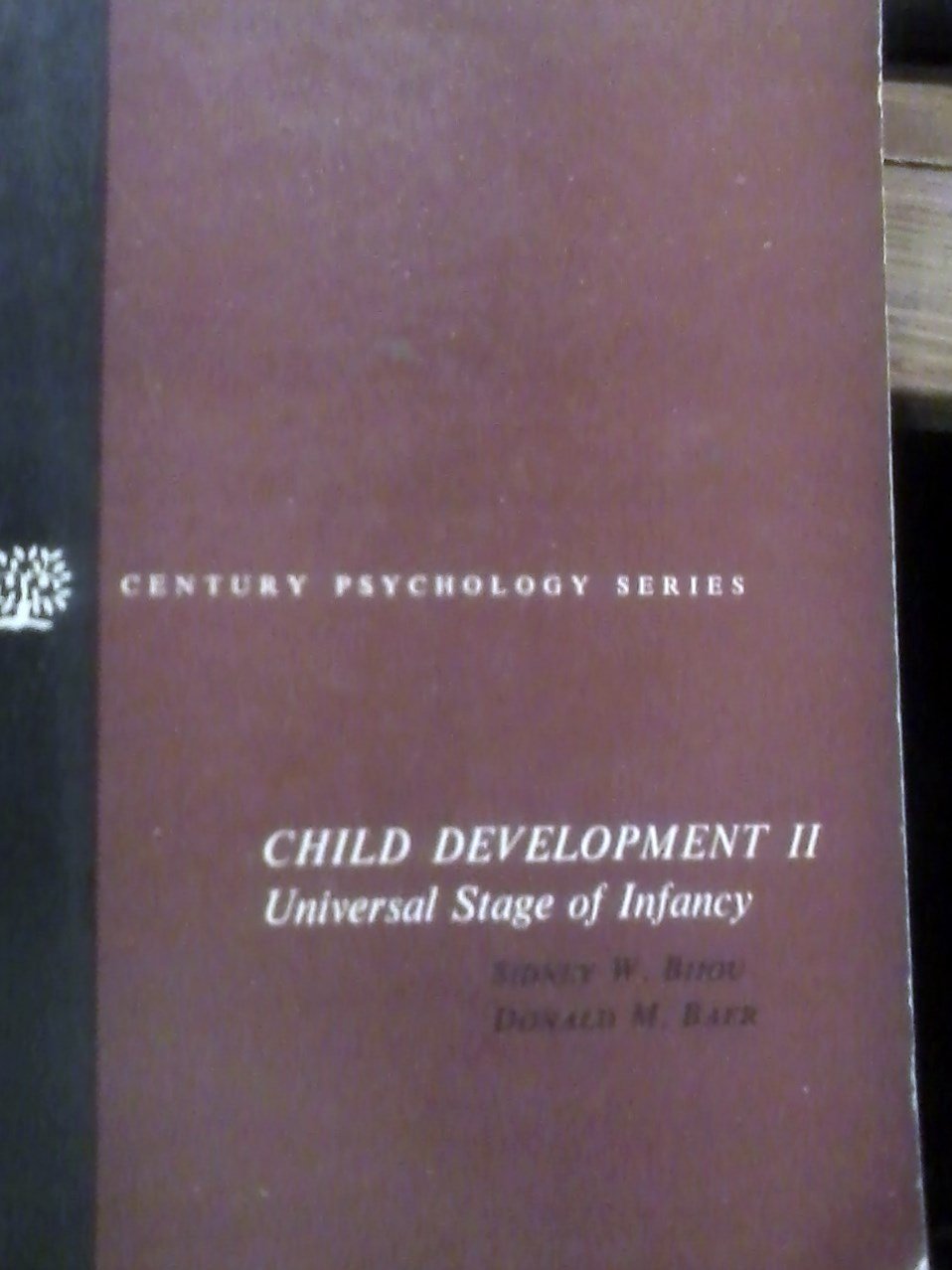Contents
Introduction

Donald Baer was an influential American psychologist and behaviorist who made significant contributions to the fields of behavior analysis, learning theory, and applied behavior analysis (ABA). A pioneering figure in the development of ABA, Baer’s work emphasized the importance of empirically validating behavioral interventions and applying scientific methods to address socially significant issues. His research laid the groundwork for modern therapeutic techniques, especially those used in education, developmental psychology, and interventions for individuals with autism spectrum disorders.
Baer’s rigorous approach to understanding and modifying behavior has had a lasting impact on psychology, particularly in behavior modification and learning processes. This article explores Baer’s life, major theories, and the profound impact of his work on modern psychology and applied behavior analysis.
Early Life and Education
Donald Baer was born on January 29, 1931, in Seattle, Washington, USA. Growing up in a supportive academic environment, Baer developed an early interest in understanding human behavior. His inquisitive nature and fascination with scientific methods guided his academic pursuits, ultimately leading him to become a central figure in the field of behavior analysis. Baer’s early experiences with psychology and the scientific method would shape his future research, leading to breakthroughs in behavioral modification techniques and education.
Image Source: Behavior Analysis History – PBworks

Educational Journey
| Aspect | Details |
|---|---|
| Undergraduate Education | Baer earned his Bachelor of Arts degree in Psychology from the University of Washington in 1952. His undergraduate work focused on learning theory and behavioral psychology, igniting his passion for understanding how behavior could be observed, measured, and modified. |
| Graduate Studies | He pursued a Ph.D. in Psychology at the University of Washington, completing his dissertation in 1957 under the guidance of leading behaviorists such as Sidney W. Bijou. His graduate research focused on early childhood development, operant conditioning, and the applications of behavior analysis. |
| Postdoctoral Training | After earning his doctorate, Baer completed postdoctoral work at the University of Kansas, where he collaborated with notable behaviorists and researchers. His postdoctoral research further deepened his understanding of the experimental analysis of behavior and its applications in real-world settings. |
| Academic Positions | Baer served as a professor and researcher at several prominent institutions, including the University of Kansas, where he was instrumental in developing the university’s Applied Behavioral Science program. His academic career was marked by a commitment to research and mentoring students in behavior analysis and applied psychology. |
Influences and Early Career
| Aspect | Details |
|---|---|
| B.F. Skinner | Baer was heavily influenced by the work of B.F. Skinner, particularly Skinner’s theories on operant conditioning and the experimental analysis of behavior. Skinner’s focus on reinforcement, punishment, and behavior modification guided much of Baer’s early research. |
| Sidney W. Bijou | As a mentor, Bijou played a critical role in shaping Baer’s research interests, particularly in the area of child development and the application of behavior analysis to education. Bijou’s work in early childhood behavior laid the foundation for Baer’s contributions to ABA. |
| Behaviorism and Learning Theory | Baer’s career was rooted in the principles of behaviorism, focusing on observable behavior as the primary unit of analysis. His work expanded on traditional learning theories, applying them to socially significant behaviors in children and individuals with developmental disabilities. |
| Applied Behavior Analysis (ABA) | Baer was one of the founders of applied behavior analysis (ABA), a field that applies behaviorist principles to address practical issues in education, therapy, and developmental psychology. His work helped formalize the methodologies and ethical standards used in ABA interventions. |
| Empirical Validation of Behavior Change | Early in his career, Baer emphasized the importance of empirical validation in behavior modification. His commitment to using data-driven approaches and experimental rigor shaped his research and influenced the broader field of psychology. |
Major Theories and Work

Applied Behavior Analysis (ABA)
Donald Baer was a pivotal figure in the development of Applied Behavior Analysis (ABA), a field that focuses on using behavioral principles to improve socially significant behaviors. (ASD). Key elements of ABA include:
- Behavioral Interventions: Baer’s work emphasized the use of behavioral interventions to modify specific behaviors, such as increasing communication skills or reducing disruptive behaviors. ABA techniques rely on reinforcement, punishment, and shaping to encourage desired behaviors while minimizing undesirable ones.
- Data-Driven Approaches: Baer advocated for the use of data to track behavior changes and assess the effectiveness of interventions. His focus on empirical validation ensured that ABA interventions were evidence-based and tailored to meet the individual needs of clients.
- Generalization and Maintenance: One of Baer’s significant contributions was his focus on the generalization and maintenance of behavior changes. He explored how behaviors learned in one setting could be transferred to other environments and sustained over time, ensuring long-term success for individuals receiving ABA interventions.
Image Source: Applied Behavior Analysis (ABA)

Seven Dimensions of Applied Behavior Analysis
In a landmark 1968 article co-authored with Montrose Wolf and Todd Risley, Baer outlined the seven dimensions of applied behavior analysis, which continue to serve as a foundation for the field. These dimensions ensure that ABA interventions are effective, ethical, and scientifically sound. The seven dimensions include:
- Applied: The intervention must target behaviors that are socially significant and improve the individual’s quality of life.
- Behavioral: The intervention must focus on observable and measurable behaviors.
- Analytic: The intervention must demonstrate a functional relationship between the behavior and the environment, showing that the intervention causes behavior change.
- Technological: The procedures must be clearly and thoroughly described so that they can be replicated by others.
- Conceptually Systematic: The intervention must be grounded in the principles of behaviorism, drawing from established behavioral theories.
- Effective: The intervention must produce meaningful changes in behavior that have a significant impact on the individual’s life.
- Generality: The intervention must produce behavior changes that are durable and can be applied across different settings and situations.
Image Source: ABA Technologies

Research in Early Childhood Development
Baer’s research also focused on early childhood development, particularly how behavioral interventions could improve learning outcomes in young children. Key points include:
- Behavioral Approaches to Education: Baer applied behaviorist principles to education, exploring how reinforcement and shaping could enhance learning in children. His work laid the foundation for many modern educational practices that focus on positive reinforcement and behavior management in classrooms.
- Autism Spectrum Disorders (ASD): Baer was an early advocate for using ABA techniques to help children with autism develop communication, social, and adaptive skills.
- Operant Conditioning in Child Development: Baer extended Skinner’s principles of operant conditioning to child development, demonstrating how positive reinforcement could be used to teach complex skills to children in both educational and therapeutic settings.
Image Source: Kokotree
Famous Books and Publications

Child development; readings in experimental analysis

Environment And Behavior

How to Plan for Generalization

Child Development II: Universal Stage of Infancy
Influence on Contemporary and Future Psychological Research
Donald Baer’s research continues to shape contemporary psychological research, inspiring new studies and applications across various domains:
- Advancements in ABA: Baer’s work laid the foundation for continued advancements in applied behavior analysis. Researchers today build on Baer’s principles to develop more sophisticated interventions for a wide range of behavioral and developmental disorders.
- Behavioral Interventions in Education: Baer’s research on using behavioral techniques to improve educational outcomes continues to influence studies on classroom management, individualized education plans (IEPs), and early childhood development.
- Autism Research: Baer’s contributions to autism therapy have inspired ongoing research into how ABA can be refined and adapted to meet the needs of individuals with autism throughout their lives. His work continues to inform clinical trials and longitudinal studies on autism interventions.
- Ethical Research in Behavior Modification: Baer’s emphasis on ethical considerations in behavior analysis has shaped the way researchers approach behavioral interventions. His commitment to ethical standards has led to a focus on the dignity and autonomy of individuals receiving ABA therapy.
- Behavioral Science in Public Policy: The success of Baer’s work in modifying socially significant behaviors has influenced public policy, particularly in education and mental health. Future research will likely explore how behavioral principles can be applied to large-scale interventions in public health and social services.
Psychologists and Researchers Influenced by Donal Baer

- Montrose Wolf: A close collaborator of Baer’s, Wolf has further developed applied behavior analysis (ABA) techniques, especially in the realm of social learning and behavior modification. His work has contributed to establishing a stronger empirical foundation for ABA practices, enhancing their effectiveness across various contexts.
- Todd Risley: As a co-author of the seminal 1968 article on ABA, Risley expanded upon Baer’s foundational contributions by applying behaviorist principles to public health interventions and social welfare programs. His efforts have significantly influenced policies aimed at improving social outcomes through behavior modification strategies.
- Ivar Lovaas: Renowned for his pioneering work in autism therapy, Lovaas was greatly influenced by Baer’s focus on empirically validating behavioral interventions. His development of structured ABA techniques has become a standard in treating autism spectrum disorders, emphasizing the importance of evidence-based practices.
- Mark Sundberg: A prominent behavior analyst, Sundberg has built on Baer’s research to create advanced teaching strategies for children with developmental disabilities, particularly in communication and language skills. His work focuses on functional communication, contributing to improved outcomes and educational practices in the field.
- James Partington: As a leader in autism therapy, Partington’s work on functional language development and social skills training has been informed by Baer’s foundational research in ABA. His emphasis on practical, evidence-based interventions continues to shape best practices, promoting effective strategies for individuals with autism.
Impact on Psychology
- Influence on Modern Thought: Donald Baer’s exploration of behavior analysis, learning theory, and applied interventions has fundamentally transformed modern psychology. His pioneering contributions to the development of applied behavior analysis (ABA) have established behavior modification as a crucial approach for addressing developmental disorders, mental health challenges, and educational needs. By emphasizing empirically validated interventions, Baer has set a high standard for ethical and effective behavior modification practices, influencing both research and clinical applications.
- Legacy and Recognition: Baer has received numerous accolades for his contributions to psychology and behavior analysis, including the Distinguished Contributions to Applied Behavioral Research Award from the American Psychological Association (APA) and the Lifetime Achievement Award from the Association for Behavior Analysis International (ABAI) for his foundational work in ABA. He was also honored with an Honorary Doctorate in Behavioral Science from the University of Kansas, recognizing his significant impact on the university’s ABA program. His legacy endures through the widespread application of his theories in ABA therapy, special education, and behavior modification, ensuring his influence continues in classrooms, clinics, and therapeutic settings worldwide.
Conclusion
Donald Baer’s pioneering work in applied behavior analysis has had a profound and lasting impact on the field of psychology, particularly in understanding and modifying behavior to address developmental and mental health challenges. By formalizing ABA principles and emphasizing data-driven, ethical interventions, Baer has transformed the way behavior modification is practiced, making it an essential tool in education, autism therapy, and mental health care. His commitment to empirical research and ethical standards continues to influence contemporary psychology, ensuring that his legacy remains a cornerstone of behavior analysis.
Bibliography
- Baer, D. M., Wolf, M. M., & Risley, T. R. (1968). Some Current Dimensions of Applied Behavior Analysis. Journal of Applied Behavior Analysis.
- Baer, D. M. (1975). Applied Behavioral Analysis: New Directions in Developmental Disabilities. Springer.
- Baer, D. M., & Bijou, S. W. (1991). Behavioral Assessment of Social Skills in Children. Wiley.
- Baer, D. M. (1982). A Systematic Approach to Behavioral Intervention. Academic Press.
- Baer, D. M. (1998). ABA and Autism: The Role of Applied Behavior Analysis in Autism Spectrum Disorders. Guilford Press.
- Wolf, M. M., & Baer, D. M. (1979). “The Early Years of Applied Behavior Analysis”. Journal of Applied Behavior Analysis, 12(4), 1-15.
- Risley, T. R., & Baer, D. M. (1976). “Teaching Strategies for Children with Autism”. Behavioral Psychology Review, 24(3), 211-234.
- Lovaas, O. I., & Baer, D. M. (1973). “The Use of Behavioral Techniques in Early Childhood Education“. Developmental Psychology, 9(2), 203-215.
- Sundberg, M. L., & Baer, D. M. (1988). Teaching Verbal Behavior in Children with Developmental Disabilities. Behavior Analysts Press.
- Partington, J. W., & Baer, D. M. (1999). Functional Communication and Autism: Applied Behavior Analysis Strategies. Pro-Ed.
